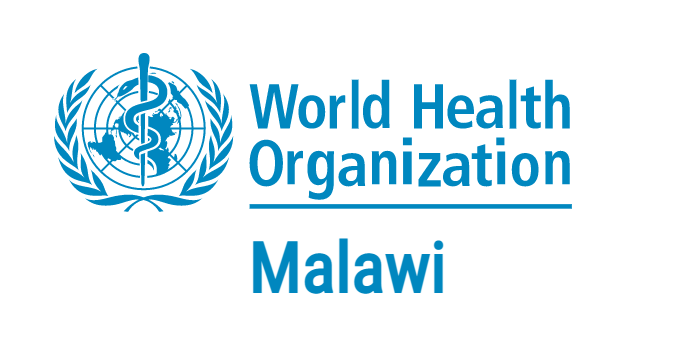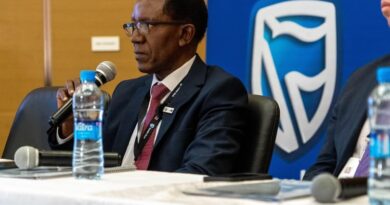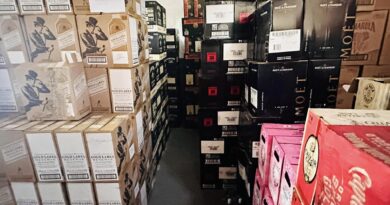Malawi Strengthens Polio Defense with Second Dose Rollout in National Immunization Drive
Malawi has once again demonstrated its leadership in public health by successfully introducing the second dose of the Inactivated Polio Vaccine (IPV2) into its national immunization schedule. This development comes in the wake of the country’s hard-won victory against Wild Poliovirus Type 1 (WPV1), following its first reported case in over 30 years back in 2022.
Declared polio-free in May 2024, Malawi acted swiftly to safeguard its gains by implementing a proactive response to the regional threat of circulating Vaccine-Derived Poliovirus Type 2 (cVDPV2), especially from neighboring countries.
With guidance from the Malawi Immunization Technical Advisory Group (MAITAG) and support from GAVI, The Vaccine Alliance, the Ministry of Health launched the IPV2 campaign in December 2024.
By April 2025, over 187,000 children had received the second dose of the polio vaccine. The rollout trained more than 17,000 health workers across all districts and reached every health facility in the country—including remote outreach posts.
In Karonga District, which borders Tanzania and is considered a high-risk area for cross-border transmission, the initiative saw strong community participation and zero implementation challenges.
Community engagement has been a critical success factor. In Mlongoti outreach post, caregivers like Suzgika Gondwe, Gift Ngofi, and Temwa Kaula praised the awareness efforts led by health workers and local leaders. They spoke of increased trust in vaccines and observed a decline in illness among their children, resulting in fewer hospital visits and more time for economic activities.
“This is more than a vaccine,” said Mr. Kayuni, a veteran area supervisor in Karonga. “It’s about community protection, health system resilience, and trust. The IPV2 rollout is giving parents renewed hope and confidence in the immunization program.”
The campaign’s success reflects not only technical coordination but also deep-rooted public health trust built over decades. Malawi’s response model—characterized by community-led outreach, robust data systems, and inclusive vaccine delivery—serves as a blueprint for countries striving to combat polio resurgence.



